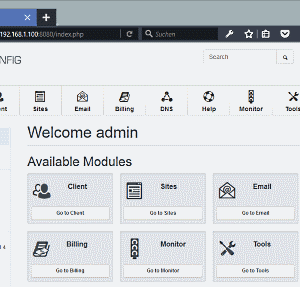Description
- IP Networking: Teaching IP networking online involves a combination of theoretical concepts and practical demonstrations. Lecturers can utilize virtual labs, simulation software, and interactive exercises to help students grasp fundamental networking principles such as IP addressing, subnetting, routing, and network protocols. Collaborative tools such as discussion forums and video conferencing enable students to engage with the material and seek clarification on complex topics.
- Web Design: Online web design courses can cover a range of topics including HTML, CSS, JavaScript, and responsive design principles. Lecturers can leverage web-based development environments and online code editors to facilitate hands-on learning experiences. Additionally, screen-sharing and live coding sessions allow students to observe the design process in real-time and receive immediate feedback on their work.
- Database MySQL Server and Client: Teaching database management with MySQL involves instructing students on database design, querying, administration, and optimization. Lecturers can utilize virtual machines or cloud-based platforms to provide students with access to MySQL servers for practical exercises. Online tutorials, demonstrations, and case studies can help students understand how to create databases, manipulate data, and troubleshoot common issues using MySQL client tools.
- Cybersecurity: Cybersecurity education is crucial in today’s digital landscape, and online courses play a vital role in preparing students for careers in the field. Lecturers can cover topics such as network security, cryptography, ethical hacking, and incident response through a combination of lectures, demonstrations, and hands-on labs. Virtualized cyber ranges and capture-the-flag competitions provide students with practical experience in identifying and mitigating security threats in simulated environments.
- Microsoft Technologies: Teaching Microsoft technologies online involves familiarizing students with products and services such as Windows Server, Active Directory, Azure, Office 365, and PowerShell scripting. Lecturers can leverage virtual machines, cloud platforms, and online learning resources provided by Microsoft to facilitate practical exercises and simulations. Additionally, certification preparation materials can help students pursue industry-recognized credentials such as Microsoft Certified: Azure Administrator Associate or Microsoft Certified: Azure Solutions Architect Expert.
In summary, teaching essential IT topics online requires a combination of instructional methods, technology tools, and interactive learning experiences. By leveraging virtual labs, simulation software, collaborative platforms, and online resources, IT lecturers can create engaging and effective educational experiences that prepare students for careers in the dynamic field of information technology.





